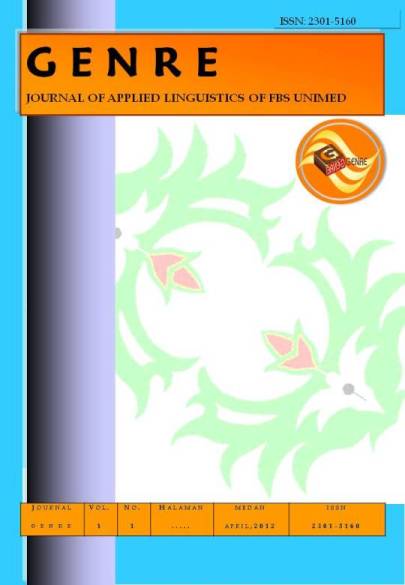Undergraduate Students’ Perceptions on Educational Level Language Use and Social Media’s Role in Communication
DOI:
https://doi.org/10.24114/gj.v14i3.65630Abstract
As language usually shapes people’s socio-economics status, people has become opinionated that what education degree/level an individual has can be seen by the way they communicate. This paper explores whether it is also true for higher education people use less standardized language when speaking in daily life and if social media helps low-educated individuals to speak as formal as high-educated ones. This paper employed a mixed-method approach with 5 participants from the same level of education: undergraduate students. Findings indicate that indeed people with higher education level usually has distinctive style of communication compared to those with lower education yet it depends on the context of situation. In addition to the communication style, the proability of social media helping to form formal communication for lower educated individual is possible as they expose people to all kinds of information, including language. This research is expected to contribute to raising awareness about the relationship of education and communication style.Downloads
Published
2025-07-30
Issue
Section
Articles
License
Copyright (c) 2025 Fahri Haswani, Rina Trie Syahputri, Jose Christian Sianipar, Ami Girsang, Ribka Hawkins Manurung

This work is licensed under a Creative Commons Attribution-NonCommercial-NoDerivatives 4.0 International License.
Authors who publish with this journal agree with the following terms:
- Authors retain copyright and grant the journal right of first publication with the work simultaneously licensed under a Creative Commons Attribution License that allows others to share the work with an acknowledgment of the work's authorship and initial publication in this journal.
- Authors are able to enter into separate, additional contractual arrangements for the non-exclusive distribution of the journal's published version of the work (e.g., post it to an institutional repository or publish it in a book), with an acknowledgment of its initial publication in this journal.
- Authors are permitted and encouraged to post their work online (e.g., in institutional repositories or on their website) prior to and during the submission process, as it can lead to productive exchanges, as well as earlier and greater citation of published work (See The Effect of Open Access).
- This work is licensed under a Creative Commons Attribution-ShareAlike 4.0 International License.







.png)


